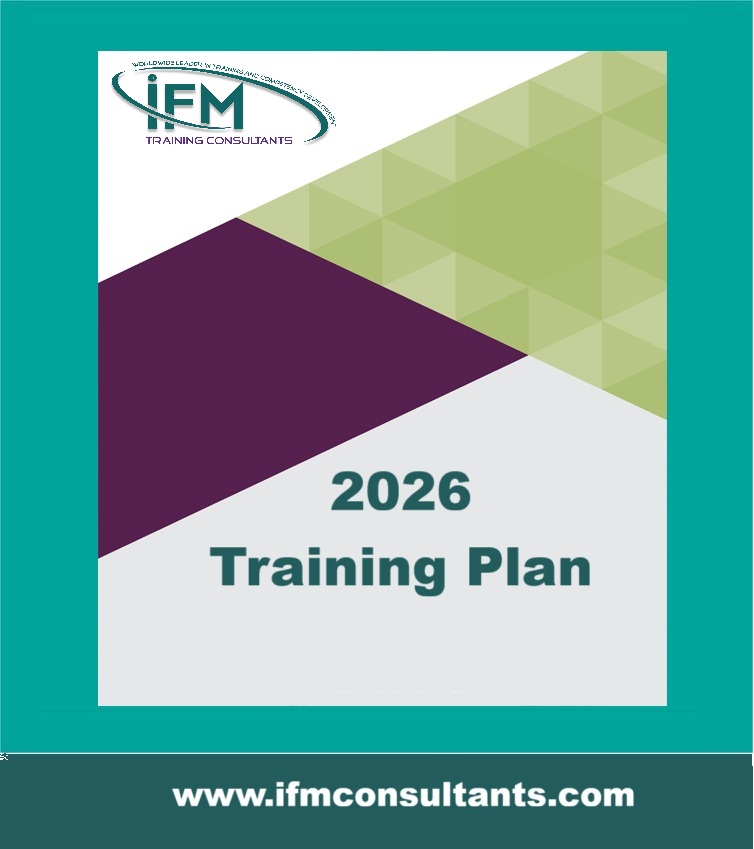The COSO Internal Control Program
| Start Date | End Date | Venue | Fees (US $) | ||
|---|---|---|---|---|---|
| The COSO Internal Control Program | 14 Dec 2025 | 18 Dec 2025 | Kuala Lumpur, Malaysia | $ 4,500 | Register |

The COSO Internal Control Program
| Start Date | End Date | Venue | Fees (US $) | |
|---|---|---|---|---|
| The COSO Internal Control Program | 14 Dec 2025 | 18 Dec 2025 | Kuala Lumpur, Malaysia | $ 4,500 |
Introduction
This course will address the procedures for conducting a risk assessment for errors and fraud. It will review risks for financial statement preparation, operations, and compliance. Methods for designing and assessing the effectiveness of internal controls, including the importance of monitoring the controls, will be discussed. Further, the instructor will review the COSO framework for internal controls and provide examples of how to implement the framework. Examples of preventive and detective controls will be illustrated and he will review the importance of internal controls and how they can reduce the time and cost of financial statement audits and reduce the risk of fines from compliance audits.
A few key areas of focus in this training will include:
- Internal controls designed to prevent errors and fraud
- Internal controls designed to detect errors and fraud
- Designing a good risk assessment
- Conducting a risk assessment
- Monitoring internal controls
- Using good internal controls to reduce audit costs
- Internal controls for operations
- Internal controls for compliance
Objectives
- How to conduct a risk assessment
- Designing internal controls
- Evaluating and assessing internal controls
- What are key preventive controls?
- What are the key detective controls?
- How good internal controls can reduce audit costs
- How good internal controls can reduce the risk of penalties in compliance audits
Training Methodology
This is an interactive course. There will be open question and answer sessions, regular group exercises and activities, videos, case studies, and presentations on best practices. Participants will have the opportunity to share with the facilitator and other participants on what works well and not so well for them, as well as work on issues from their own organizations. The online course is conducted online using MS-Teams/ClickMeeting.
Who Should Attend?
- Public Accountants
- Fraud Examiners
- Internal and External Auditors
- Chief Financial Officers
- Controllers
- Accounting Managers
- Public and Private Accountants
- Consultants
- Risk Officers
- Compliance Officers
Course Outline
Review the COSO Framework for Internal Control
- Control Environment
- Control Activities
- Risk Assessment
- Information & Communication
- Monitoring
Conducting a Risk Assessment
- Identifying financial statement misstatements due to errors
- Identifying financial statement misstatements due to fraud
- Identifying compliance risks
- Identifying operations risks
Evaluating Risks of Misstatement
- Risk assessment checklist
- Assessing the severity of the risk
- Assessing the likelihood of the risk
Risk in Large Organizations vs Small and Medium Sized Entities
Designing internal controls
- Internal controls for financial reporting
- Internal controls for compliance
- Internal controls for operations
Different types of internal controls
- Preventive controls
- Detective controls
- Mitigating and compensating controls
Evaluation of the internal controls
- Evaluating and assessing internal controls
- Key preventive controls
- Key detective controls
- The importance of monitoring controls
Cost-effective internal controls
- Using good internal controls to reduce audit costs
- Cost vs. Benefits analysis of controls
- Using internal controls as part of the enterprise risk management process

















